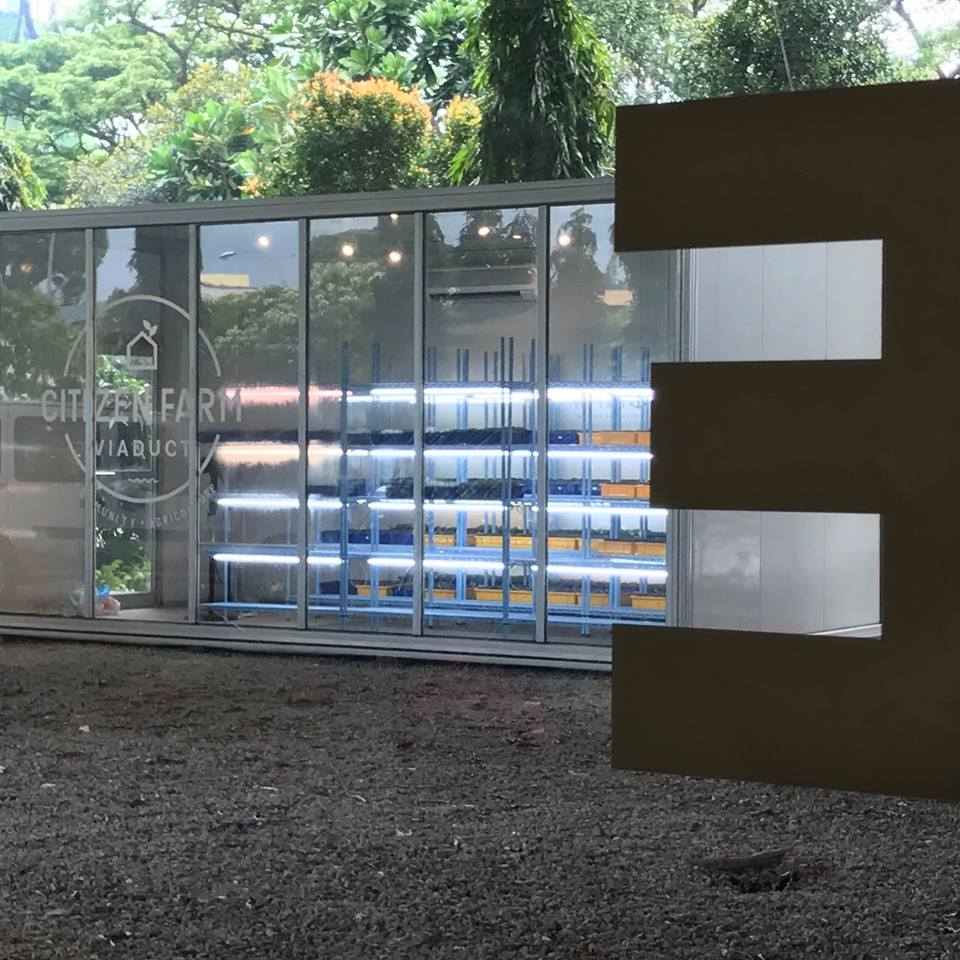
Uploaded on 2017-05-16 by Fiona Nixon
a. Provisioning services Singapore grows some of its own food in highly mechanized farms in the far west. Factory farms for items such as eggs are most prominent, along with hydroponic vegetable production. Small urban farms are starting to be developed in unused spaces such as beneath overpasses, but these are of dubious environmental merit, requiring a lot of energy input into lighting and cooling which is unlikely to be balanced by savings in transport. Most 'natural' fresh water is piped in from Malaysia, so is a matter of national security and sensitivity. Water recylcing ('Newater') and desalination are thus being implemented. b. Regulating services PUB's ABC waters programe is seeking to natiralise the previously very mechanical treatment of rainwater run-off. Flooding is still an issue in central areas as too great a proportion of the land is covered in hard surfaces requiring drainage. c. Habitat or Supporting services The centre of the island is reserved for water catchment and also provides a nature reserve. The Singapore river has been dammed for conversion to a fresh water resevoir which has seen the return of native species (most famously otters). d. Cultural services A 'round island route' of connecting pedestrian and cycling paths is being created to link major recreational spaces including East and West Coast parks and the former Malaysian railway line. This will improve access to green spaces for residents. The government's investment arm is redeveloping 'SIngapore Nature Reserves' aka the zoo; consolidating the zoo, night safari and bird park in one location with supporting hotels. But this is hardly a natural ecosystem, it is a commodification of imported nature-lite experiences.